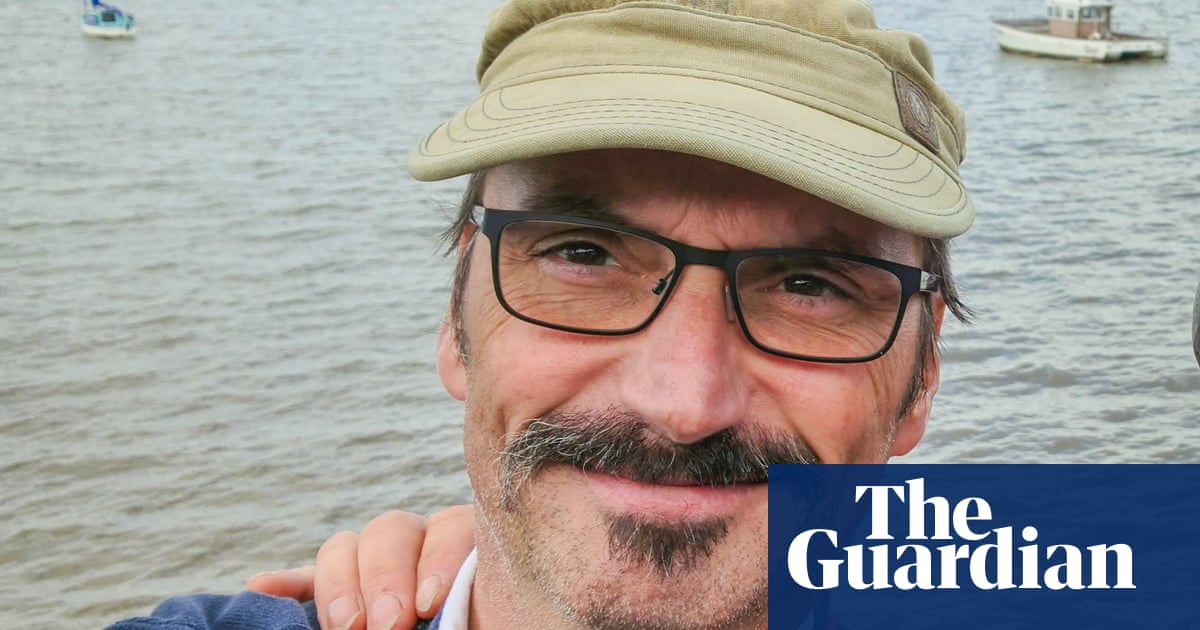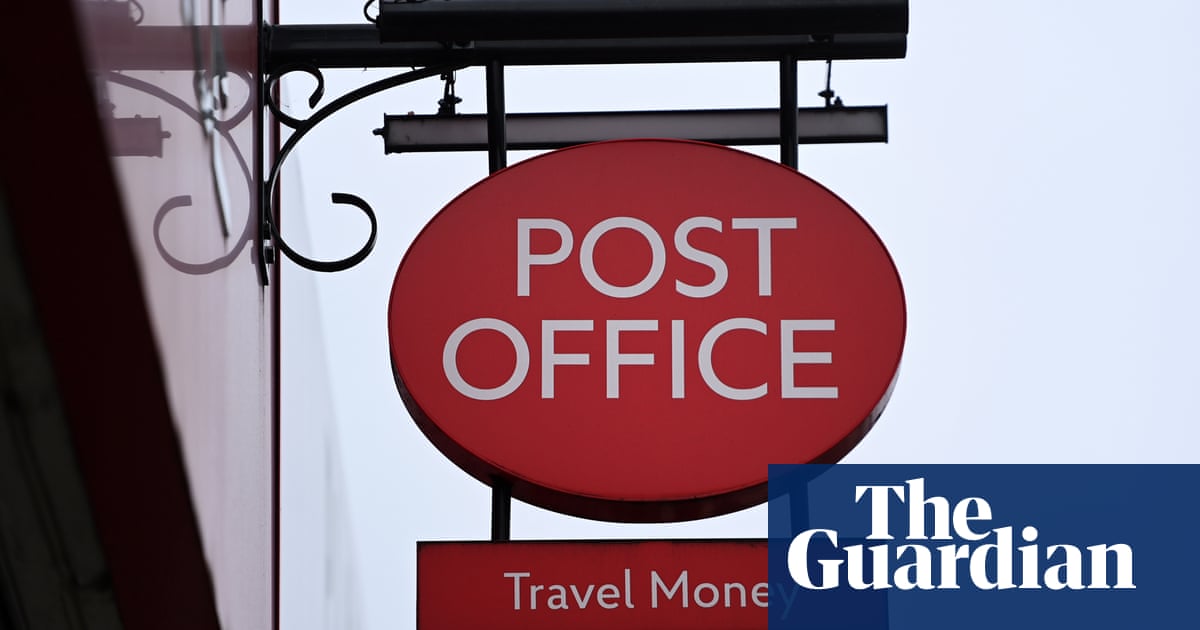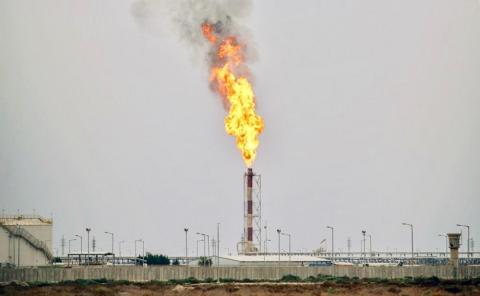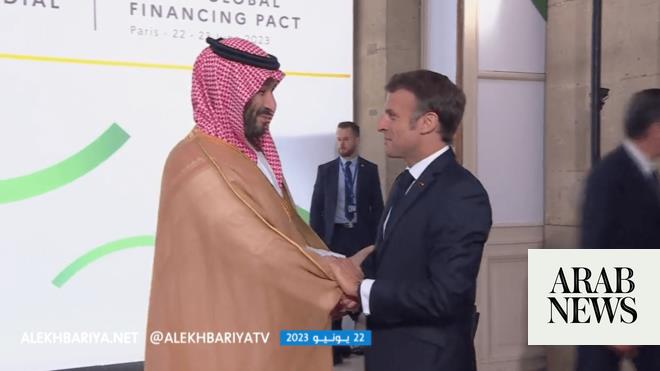
The Crown Prosecution Service has admitted it was wrong to press on with a case against a news photographer arrested as he tried to lawfully take pictures at a crime scene.
Judge Walters at Swansea crown court described the case against Dimitris Legakis, which was dropped on the eve of his trial, as “disturbing” and said it seemed “the high point” of the prosecution was that a police officer “took offence” against someone whose job was to take photographs.
Legakis went to the scene of a car fire in Swansea on 22 September last year. It later turned out that a man called David Clarke, 80, had beaten his wife, Helen, 77, with a hammer as she sat in their car and then set fire to her.
There was a crowd of people and an altercation began. Legakis’s barrister, James Hartson, told the court his client believed he was singled out by police because he had a camera, was arrested “with considerable force” and detained for 15 hours. He was charged by police with assaulting an emergency worker.
His trial was due to start on Tuesday but the case was dropped on Monday after the prosecution said no evidence would be offered.
A CPS spokesperson said: “In a review prior to the recent hearing, we decided that there was no longer sufficient evidence to continue with the prosecution and it should be stopped. We acknowledge this should have been done sooner.”
South Wales police said: “We note the decision of the Crown Prosecution Service not to offer any evidence in this case.”
Legakis, who runs Athena Picture Agency and works for the Guardian as a freelancer, said: “I feel numb, not better or worse as the impact it has had to my mental health is still evident. I suffered nightmares and my sleep has been disturbed.
“My human right of freedom of expression was disregarded and instead of being protected by the police, I was victimised by being arrested and held in custody for 15 hours.
“My gear was seized and kept for over two months and I had to notify clients of mine of the ongoing legal process which caused me immense embarrassment.”
College of Policing guidelines say: “Reporting or filming from the scene of an incident is part of the media’s role and they should not be prevented from doing so from a public place. Police have no power or moral responsibility to stop the filming or photographing of incidents or police personnel. It is for the media to determine what is published or broadcast, not the police.












